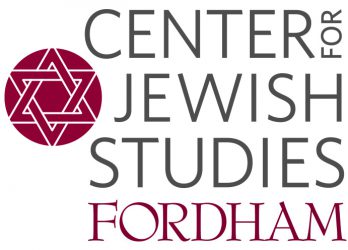Famine in Ethiopia of 1983-1985 led to over one million deaths, with hundreds of thousands refugees leaving the country. Among those refugees were Beta Israel, Ethiopian Jews, who found their way on foot to Sudan. As neither Muslims nor Christians, they were persecuted in Sudanese refugee camps. In an international operation, later called Operation Moses, thousands of Beta Israel were rescued and brought to Israel between November 21, 1984 and January 5, 1985.
In Israel, state agencies, social workers sought to integrate the refugees into a new life in Israel. Passover of 1985 would be their first Passover in a new home. That year, the Office for Cultural Integration of Ethiopian Jews (Misrad le-kelitah ruḥanit shel yehudei etiopia be-Israel) published a bilingual haggadah in Amharic and Hebrew, Haggadah shel Pesaḥ, edited by Yosef Hadana, Chief Rabbi of Ethiopian Jews, translated by Yona Bugale.

The process of integration was not easy, Israel’s rabbis questioned the refugees’ Jewishness requiring conversions, while within the Ethiopian Jewish community, traditional values and practices were challenged, including traditional gender roles. Among those refugees was Avishai Yeganyahu Mekonen, whose compelling film “400 Miles to Freedom” combines a deeply personal story with broader questions of trauma, race, gender, and identity. Mekonen’s deeply personal story also raises questions that were a driving force for early Jewish historians, even those focused on mostly European Jewish history: how Jews survived for thousands of years and maintained their Jewish identity as a tiny minority settled among other peoples. But the film also raises broader questions about what it means to be Jewish and how the Jewish community accepts its own diversity.
On August 6th, Avishai Yeganyahu Mekonen discussed his film and family story with scholars of Beta Israel, Steven B. Kaplan, a professor emeritus of African studies and comparative religion at Hebrew University in Jerusalem, where he also served a Dean of the Humanities, and the author of many books and articles on the history of Ethiopian Jews, including The Beta Israel: Falasha in Ethiopia: From Earliest Times to the Twentieth Century, and Kay Shelemay, the G. Gordon Watts Professor of Music and Professor of African and African American Studies at Harvard University and the author of Music, Ritual, and Falasha History (1986), A Song of Longing: An Ethiopian Journey (1991); and Ethiopian Christian Chant: An Anthology (3 vols., 1993-97), among others.
The conversation can be viewed on our YouTube chanell
And you can watch “400 Miles to Freedom” on Vimeo:
This program was co-presented with Be’chol Lashon’s speakers’ bureau. For 20 years, Be’chol Lashon has been dealing with diversity in the Jewish community. The organization also supported the creation of Avishai’s movie. For more information see their website www.globaljews.org

